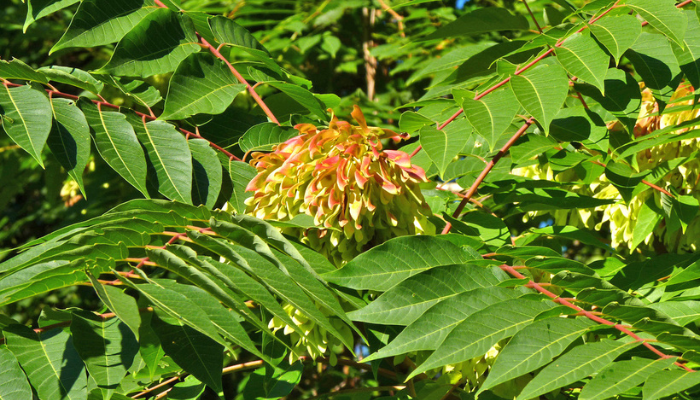An assessment of hope: the IPBES Invasive Alien Species Report with Helen Roy
We spoke to Helen Roy, renowned entomologist and BES member, following the release of the IPBES Invasive Alien Species Report

Following Monday’s launch of the IPBES Invasive Alien Species Report in Bonn, Germany – Helen’s schedule is packed. I speak to her over videocall from an airport as she prepares to return home, albeit temporarily, as she is due to speak at a conference in Cornwall later the same day. “We’re working abnormally long days… I’ve been getting just over three hours of sleep… but it’s been incredibly worth it,” Helen exclaims with a smile.
Over four years of work from Helen, her fellow lead authors and 89 international experts has led up to this moment. The report, officially named the Assessment Report on Invasive Alien Species and their Control, builds off of previous IPBES report findings naming invasive species as one of the major direct drivers of global biodiversity loss. “There’s a feeling that invasive species contribution to biodiversity loss is being vastly underestimated. This is an opportunity to really highlight the huge threat that invasive species pose to nature and to people,” she continues.
What is the threat? Invasive alien species play a major role in the loss of 60% of plant and animal species. They also cost humanity over $400 billion each year. As the climate warms, invasive species that couldn’t have thrived in certain areas are now completely able to do so. There is now no region in the world where invasive species are not having an impact – most notably in Hawaii currently as alien grass species fuel devastating wildfires across the islands.

Across six chapters, the full IPBES report introduces readers to all aspects of species invasions, including their impact on nature, as well as how we can possibly manage them. Helen summarises the key takeaways in a way that cannot be ignored:
- Invasive species are a major threat to nature and people.
- They are also a growing threat.
- We’re anticipating more invasive alien species within the next 20–50 years.
- Human activities are at the core of this problem. However, humans are also the solution.
- This is an assessment of hope – there are ways to tackle invasive species.
The summary of the report, designed for policymakers but accessible to everyone, has already made an impact. “We’ve been discussing items in the report with 143 governments so far, which has enabled us to come to a shared understanding of how invasive species spread, and the threat they pose,” furthers Helen. “They really seemed to appreciate the complexity of the issue and how having populations lowered by invasive species has profound effects on ecological networks.”

The IPBES report has provided a special opportunity to highlight the knowledge and research of ecologists. Helen is hopeful that the report will “provide an evidence base to underpin the ambitions of countries around the world wanting to reach targets not only related to invasive species, but other environmental targets too.”
Read the summary of the IPBES invasive alien species assesment here
IPBES (2023). Summary for Policymakers of the Thematic Assessment Report on Invasive Alien Species and their Control of the Intergovernmental Science-Policy Platform on Biodiversity and Ecosystem Services. Roy, H. E., Pauchard, A., Stoett, P., Renard Truong, T., Bacher, S., Galil, B. S., Hulme, P. E., Ikeda, T., Sankaran, K. V., McGeoch, M. A., Meyerson, L. A., Nuñez, M. A., Ordonez, A., Rahlao, S. J., Schwindt, E., Seebens, H., Sheppard, A. W., and Vandvik, V. (eds.). IPBES secretariat, Bonn, Germany. https://doi.org/10.5281/zenodo.7430692
Like what we stand for?
Support our mission and help develop the next generation of ecologists by donating to the British Ecological Society.